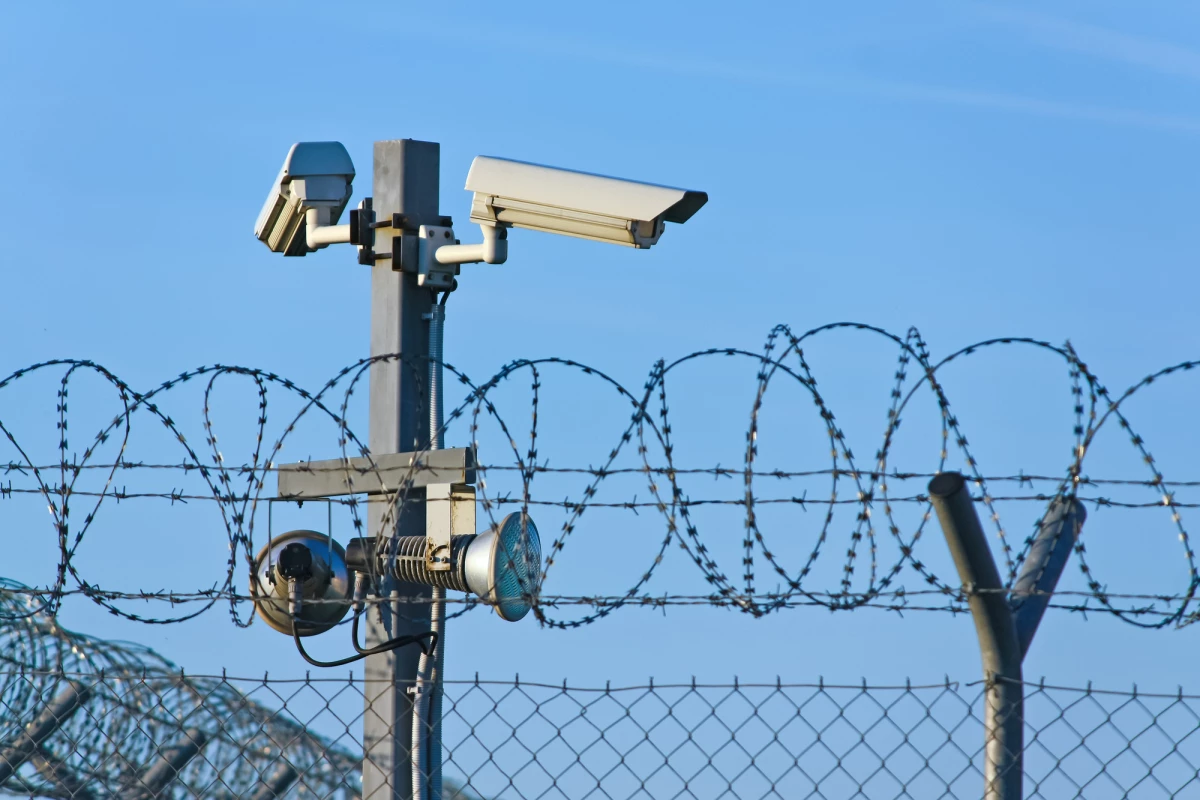A pair of computer scientists from Purdue University are leading a controversial new four-year study using AI-enabled surveillance to track recently released prison parolees. The project’s goal is to lower rates of recidivism by identifying early interventions to help individuals transitioning from prison to regular society.
The proposed project is led by Marcus Rogers and Umit Karabiyik from Purdue Polytechnic’s Department of Computer and Information Technology. Citing US Department of Justice data indicating more than 80 percent of parolees are likely to be arrested again within nine years of their initial release, the pair say the goal of this research is to better understand what factors lead to a person reoffending.
“The major reason recidivism is so high is the parolees don’t feel like they belong in the community,” says Karabiyik. “They have a hard time, and they immediately go back to their old criminal habits. Their old criminal communities are very welcoming.”
The project, to be conducted in association with local authorities in Tippecanoe, a county in Indiana, will recruit 250 parolees. Half the cohort will receive a bracelet designed to measure health data, such as stress and heart rate, and a smartphone that will collect other data such as photos taken and locations visited. The other half of the cohort will not be actively monitored and serve as a control group.
An AI system will be used to examine all the data gathered with the aim of better understanding what factors can be linked to higher rates of recidivism. The researchers note that the AI system being developed will not operate in real time. Instead, it will evaluate the data in intervals, suggesting this is not about demonstrating a real-time surveillance system.
“The goal of the study is to identify opportunities for early intervention to better assist those individuals to integrate back into general society successfully,” says Karabiyik.
Liz O’Sullivan, technology director of the Surveillance Technology Oversight Project, points out what she sees as a fundamental flaw in the study. People change their behavior when they know they are being tracked, so the surveillance itself could dramatically change the behavior of the subjects being studied.
“There’s little evidence that AI can infer emotional state from biometrics,” O’Sullivan told Venture Beat. “And even more, unless the end goal is to equip all future parolees with universal tracking devices, I’m not convinced that this study will inform much outside of how invasive, complete surveillance impacts a willingness to commit crime.”
University of Washington AI researcher Os Keyes also suggests the underlying premise of the new study seems to ignore decades of work investigating recidivism. Keyes says the social and economic reasons behind recidivism are well understood so it is unclear exactly what new realization would be gathered by this kind of surveillance study.
Clarifying the purpose of the research, Purdue’s Marcus Rogers says it's hoped the project will home in on the optimal coping and life skills that can be taught to subjects while in prison, or during parole, so as to prevent them from reoffending upon release. Rogers also suggests the research aims to aid parole caseworkers better help subjects when released.
“In the end, we want to develop a system that will allow the caseworkers to more quickly identify those individuals that seem to be on a path that would lead to recidivism,” Rogers says.
Source: Purdue University




